Summer Gardening Tips Everyone Must Know
Gardening in the summer can be both rewarding and challenging. With the right approach, your garden can thrive even during the hottest months. I want to share some essential summer gardening tips to ensure your plants stay healthy and productive throughout the season. 20 Things to Do in the Summer to Prep for Fall
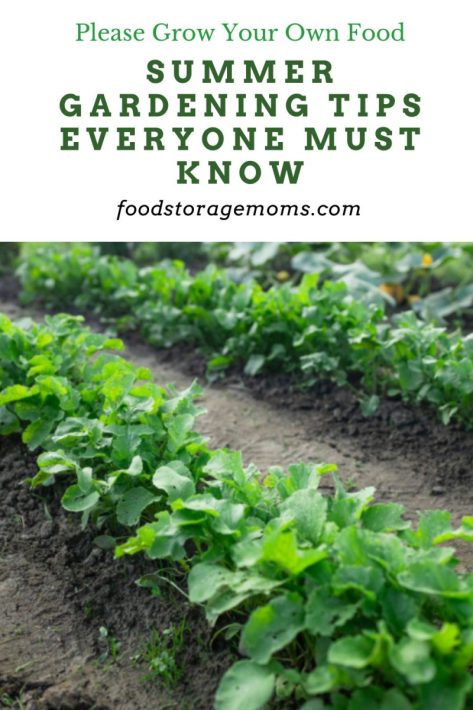
Summer Gardening Tips Everyone Must Know
1. Watering Wisely
Morning Watering
Water your garden in the early morning. This allows plants to absorb moisture before the day’s heat, reducing evaporation and helping them cope better with the midday sun. 10 Watering Hacks for Your Garden
Deep Watering
Focus on deep watering rather than frequent shallow watering. This encourages plants to develop deeper root systems, making them more resilient to drought conditions. Use soaker hoses or drip irrigation to deliver water directly to the roots and save more precious water. Some plants do well with regular sprinklers, but you do get more evaporation.
Check Soil Moisture
Before watering, check the soil moisture by sticking an inch or two into the soil (with your finger). If it feels dry at this depth, it’s time to water. Overwatering can lead to root rot and other issues. You can purchase units that will measure the moisture in the soil, but I haven’t found that to be a necessary gardening tool for me.
2. Mulching
Benefits of Mulch
Mulching is one of the best practices for summer gardening. It helps retain soil moisture, keeps the soil cool, and suppresses weed growth. Organic mulches, like straw, wood chips, or compost, add nutrients to the soil as they decompose. How To Improve The Soil In Raised Garden Beds
We’ve also used grass clippings and dead leaves in our garden to try and save money on mulch. Be careful with the grass clippings; use them once the grass stops producing the seeds, generally in late summer. You don’t want grass growing in your beautiful garden area.
Applying Mulch
Apply a layer of mulch about 2-4 inches thick around your plants, keeping it a few inches away from the stems to prevent rot. Refresh the mulch layer as needed in mid-summer and throughout the season.
3. Planting the Right Crops
Heat-Tolerant Plants
Choose plants that thrive in hot weather. Some excellent choices for summer gardening include tomatoes, peppers, eggplants, cucumbers, and beans. For flowers, consider zinnias, marigolds, and sunflowers, which can handle the heat well.
Succession Planting
Practice succession planting to maximize your garden’s productivity. As soon as one crop finishes, plant another in its place. This keeps your garden producing throughout the summer and into the fall.
- What to Plant in January
- What To Plant In February
- What To Plant In March
- What To Plant In April
- What To Plant In May
- What To Plant In June
- What To Plant In July
- What To Plant In August
- What to Plant in September
- What To Plant In October
4. Shade and Protection
Providing Shade
Some plants may need protection from intense direct sunlight during the peak of summer. Use shade cloths or create temporary structures to provide relief for sensitive plants. Containers can also be moved to shaded areas during the hottest part of the day. This is an essential summer gardening tip everyone needs to know.
Wind Protection
Strong summer winds can be damaging. Use windbreaks such as fences, hedges, or strategically placed plants to shield your garden from harsh winds. This also helps reduce water loss from the soil. Winds: What You Need To Do Before They Hit
5. Pest Management
Monitoring for Pests
Regularly inspect your plants for signs of pests. Look for damaged leaves, holes, and discolored foliage. Early detection is critical to controlling pest problems before they become severe. Keeping Pests Away from Food Storage
Natural Pest Control
Encourage beneficial insects like ladybugs, lacewings, and predatory beetles that prey on common garden pests. Use natural remedies such as neem oil or insecticidal soap to control infestations. Avoid using chemical pesticides, which can harm beneficial insects and the environment.
You can purchase ladybugs online to help control aphids in your garden. It’s also fun to watch them do their thing to clean up these pests.
Companion Planting
Practice companion planting to deter pests naturally. For example, marigolds can repel nematodes, and basil can help deter flies and mosquitoes. Planting a diversity of crops can also minimize pest problems.
6. Fertilizing
Balanced Nutrition
Many plants experience rapid growth during summer, so they need a steady supply of nutrients. Use a balanced fertilizer that provides essential nutrients like nitrogen, phosphorus, and potassium. Organic options like compost or fish emulsion are also excellent choices. Here are 21 Compelling Reasons you need a Compost Pile in your life.
Avoid Over-Fertilizing
Too much fertilizer can harm plants and lead to nutrient imbalances. Follow the recommended application rates on the fertilizer package and adjust based on your plants’ needs. Over-fertilized plants are more susceptible to disease and pest problems.
7. Pruning and Deadheading
Pruning
Regular pruning helps maintain plant health and encourages better air circulation, reducing disease risk. Remove any dead, diseased, or damaged branches promptly. For fruiting plants, pruning can help direct energy towards fruit production. 13 of the Best Gardening Tips Ever.
Deadheading
Deadheading, or removing spent flowers, encourages plants to produce more blooms. This is especially important for annuals and perennials. Regular deadheading keeps your garden looking tidy and vibrant. This is one of my favorite summer gardening tips.
8. Harvesting
Harvest Regularly
Frequent harvesting encourages plants to produce more. Vegetables like beans, cucumbers, and zucchini should be picked regularly to prevent them from becoming overripe and reducing overall yields.
It is best to harvest some vegetables while the plant is smaller. Zucchini squash is a good example. We try to pick the zucchini when they are about the size of cucumbers rather than let them get huge. They are more tender and tasty at that size. The larger ones have big seeds and a more mushy texture.
Proper Harvesting Techniques
Use clean, sharp tools to harvest crops to avoid damaging the plants. Handle produce gently to prevent bruising, and store it properly to extend its shelf life.
9. Lawn Care
Mowing
Set your mower blade to a higher setting during summer. Two inches is often used as a guide depending on the type of grass you have. We have Kentucky Blue Grass in our yard, and that length is great during the warm seasons of the year. Longer grass blades shade the soil, reducing evaporation and keeping the roots more relaxed and cool. Avoid cutting more than one-third of the grass height at a time to prevent stress.
Lawn Watering
As mentioned above, water your lawn early in the morning to minimize water loss due to evaporation. Deep, infrequent watering encourages more profound root growth, making your lawn more drought-resistant.
Lawn Fertilizing
Apply a slow-release fertilizer to your lawn in the early summer. This provides a steady supply of nutrients without causing rapid, excessive growth that requires frequent mowing. How to Garden With 5-Gallon Buckets
10. Container Gardening
Choosing Containers
Select containers that are large enough for the mature size of your plants and have good drainage. Terra cotta pots are great for summer as they keep the soil cool but may require more frequent watering. 12 Budget-Friendly Beautiful Garden Tips
Watering Containers
Container plants dry out more quickly than those in the ground. Check them daily and water as needed. Consider using self-watering containers or adding water-retaining crystals to the soil mix to help maintain moisture levels.
11. Garden Planning
Keeping a Garden Journal
Maintain a garden journal to track your plants’ progress, note pest and bug issues, and record weather conditions. This information can help you make informed decisions and improve your gardening practices.
Future Planning
Evaluate the performance of different crops and varieties at the end of the season. Plan for crop rotation and note what worked well and what didn’t in the various yard locations. This helps in planning for the next growing season.
12. Sustainable Practices
Composting
Recycle garden waste and kitchen scraps by composting. Compost enriches the soil, improves its structure, and helps retain moisture. It’s a sustainable way to manage waste and enhance your garden’s health.
Water Conservation
Practice water conservation techniques such as using rain barrels to collect rainwater for your garden. As mentioned earlier, mulching is also an effective way to reduce water usage. Strategies for Conserving Water in an Emergency
More Tips
- Gardening Techniques: Which One is Right for You?
- 10 Great Reasons To Try Raised Bed Gardening
- What is Keyhole Gardening?
Final Word
Gardening in the summer requires careful planning, but the rewards are well worth the effort. When gardening, you must be super flexible and go with the flow. Things don’t always work out as you want them to! What summer gardening tips would you like to share with my readers? May God Bless this World, Linda
Copyright Images: Vegetable Garden Depositphotos_11144342_S By Daseaford, Garden Bed Of Growing Radishes Depositphotos_669588706_S By Irinashatilova, Garden Rows Of Salad and Kohlrabi Depositphotos_165893944_S By Ms-Grafixx, Garden With Romaine Lettuce Growing Depositphotos_382564898_S By Foto-pixel.web.de

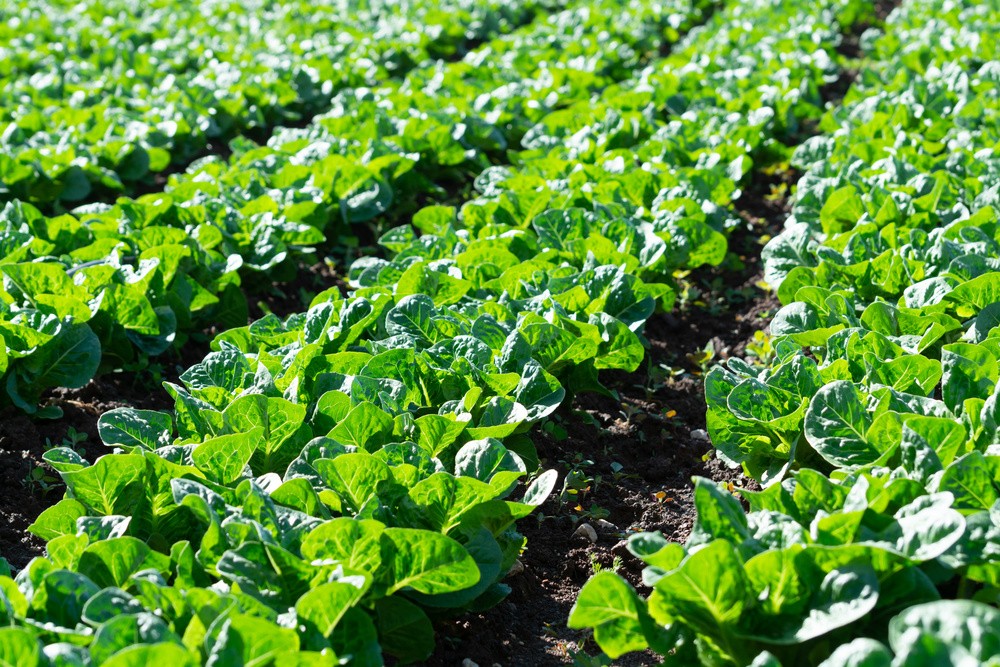


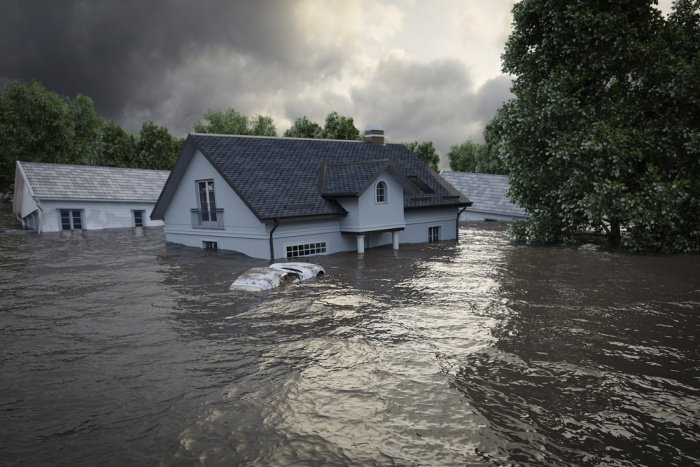
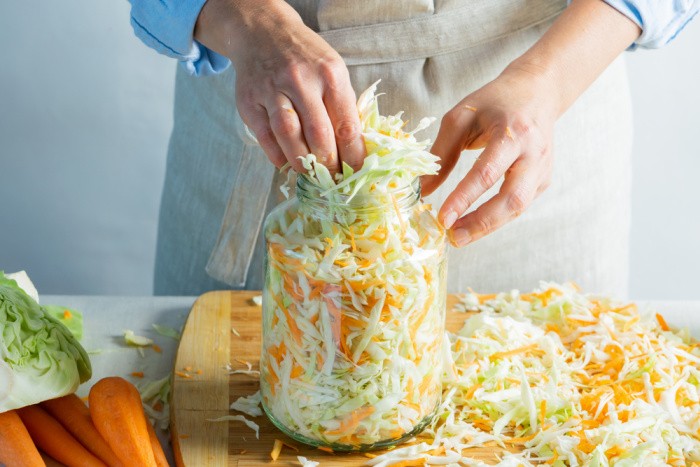

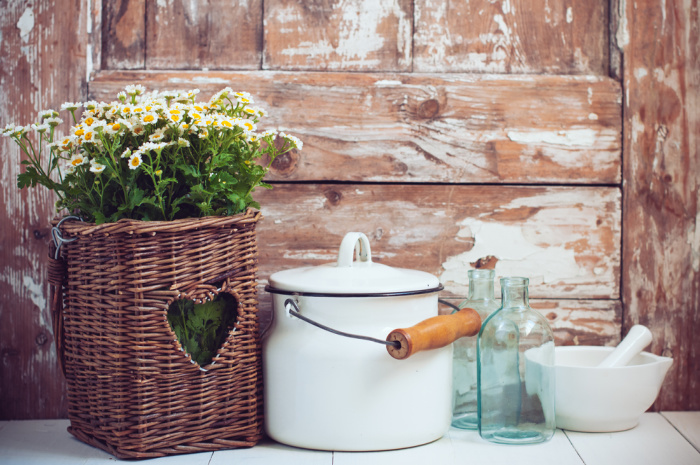
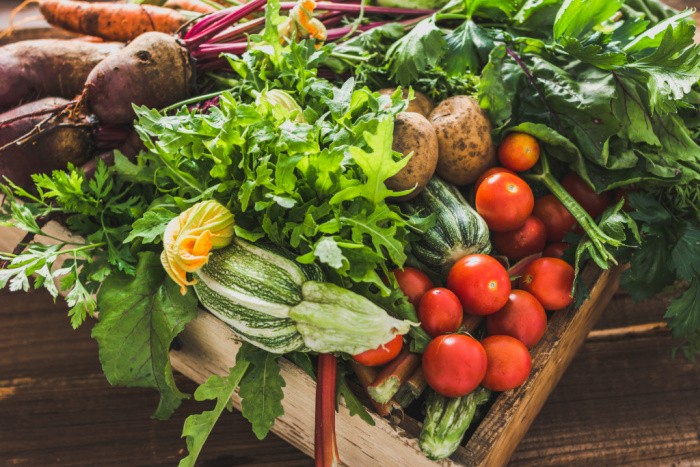













Many people don’t know the different between mulch and compost. Mulch is a courser material like wood chips and compost is fine & dark like soil. Mulch pulls nitrogen out of the soil as it decomposes (so you have to add it back with fertilizer) and compost puts nutrients back in the soil. I never use mulch in my yard! I use various ground covers for weed control and to look nice. Mulch, especially wood chips, is not attractive after a month or so in the sun. Because mulch is lighter it also scatters easier into places you don’t want it. Also compost has usually sat for a while and heats up – I’ve seen steam/smoke coming off the top of piles. Someone called the fire dept. once on my compost pile! LOL. This heat does a good job of killing weed seeds which is very important.
Most cities here in northern Utah have green waste dump sites that make and sell various size mulches and compost by the yard at good prices. Be careful where you get any soil, mulch or compost so you don’t introduce noxious weed seeds into your yard. I’ve heard some horror stories.
Hi Kay in Utah, oh yeah the wood chip mulch, you only buy that once. Or at least I purchased it once. It is for decoration or to keep the weeds down. But it doesn’t work that well, in my humble opinion. There are places in Utah that have great compost, just ask if it has pesticides and hopefully they know for sure. Your story about the compost steam/smoke is the best, I didn’t know it did that. I have never composted. Good one! Linda